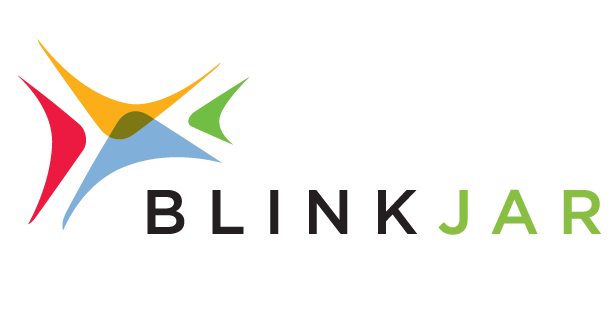The Importance of Blogging: The Anthropological Theory behind Inbound Marketing
I should start by saying that I’m not a marketer. Not traditionally, anyway. I graduated two years ago with a bachelor’s degree in anthropology and a splitting thesis-induced headache. I spent my entire school career focused on words. I loved them. Every nook and cranny of grammar fascinated me. Even more so when those hard, fast rules broke open. Spelling bees. Creative writing classes. Even the drabbest of book reports thrilled me in an undeniably nerdy way.
After 16 years of research and wordsmithery, I needed a break. I was newly twenty-two, degreed, and determined to expand my skillset. So I moved back to Louisiana and worked as an archaeologist. Young, strong, and untethered, it was the best time for me to explore every area of my degree. With an amazing group of coworkers, I fine-tuned my field skills, determined the cultural significance of artifacts, and created a spiffy map of the best gas station coffee stops from Baton Rouge to South Carolina.
But I missed learning. In countless motel rooms, I learned French, brushed up on algebra, and knitted several somewhat-recognizable hats. Googling made all of that possible. In addition to being my handheld poison ivy symptom-checker, Google served as my sounding board for many a hobby. What are the best online language classes? How on earth do I do a yarn-over? Why are stem-and-leaf plots still a thing?!
As I asked these questions, I realized that I was turning to the same sites again and again. Sure, these sites had detailed, approachable answers to my queries. But shouldn’t I turn to every site on Google? Shouldn’t I conduct diligent survey of every “o”? Shouldn’t I at least move beyond the second page of results?
But I didn’t want to. And I rarely felt the need to. These sites that captured my Google-y eyes had provided detailed answers and more. They had earned my attention.
After spending a year traversing the eastern seaboard as an archaeologist, I knew it was time to return to my first love: writing. I applied with BlinkJar to become a content writer and turned once again to Google to figure out what on earth “inbound marketing” was. And I realized I’d been had.
Or had I?
Those sites that I turned to time and time again had become reliable sources for me. I depended on them and, in a way, I trusted them.
And they had inbound-marketed me.
Inbound marketing uses content to bring the audience to a site. Creating relevant content means researching and defining the reader (or “persona”) in a way that is thoughtful, as well as analytical. You must first understand the underlying reasons, opinions, frustrations that are driving the persona to ask these questions.
In this way, inbound marketing content is founded on qualitative research methodology (QRM). QRM uses exploratory research to uncover trends in thoughts and opinions, which allows the researcher to knowledgeably and empathetically delve deeper into the persona’s problems and frustrations.
To come from a place of understanding, to recognize the distinct culture of every persona allows the writer/researcher to create engaging, persuasive content. And from this place of understanding, we can begin a dynamic conversation.
If I have learned anything in my month with BlinkJar, it’s that attention has to be earned. Clicks, likes, hearts, follows, and shares—they don’t come easily. But if you can get your foot in the door with snazzy wordplay, timely references, and a dose of information—well, baby, you’ve got a stew going.
And that’s why you always write a blog.








